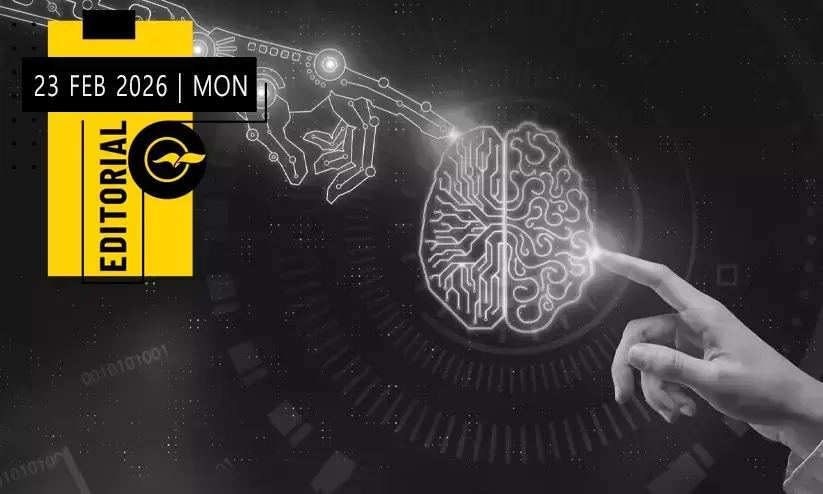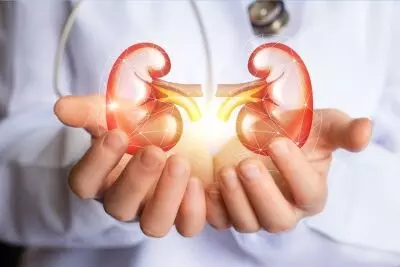
Ultrasound can move and break kidney stones: study
text_fieldsKidney stones can be repositioned and broken down using a simple ultrasound technique. A new study has found that this can be achieved while the patient is awake. Currently, the standard procedure to deal with kidney stones is shock wave lithotripsy which needs sedation.
Doctors at the University of Washington School of Medicine (UW Medicine) have found that two ultrasound technologies can be combined to move kidney stones out of the ureter with minimal pain. The patient does not have to undergo anaesthesia. The physician uses a handheld transducer placed on the skin to direct ultrasound waves to the stone.
The process of repositioning the stone is called ultrasound propulsion and the process of breaking up the stone is called burst wave lithotripsy (BWL). Researchers are hoping that the new technology will make it easier to treat kidney stones and even simplify it enough to be performed in a clinic or emergency room setting.
Kidney stone is a painful condition because they are often lodged in the ureter, the passage from the kidney to the bladder. Most patients are asked to wait to see if the stone will pass on its own. This observation period can last for weeks. Almost one-fourth of the patients eventually end up needing surgery.























